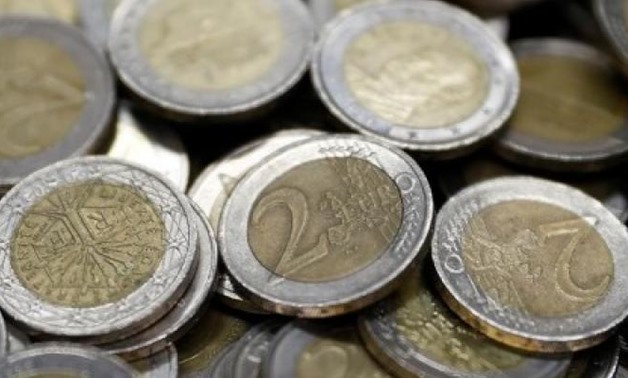
REUTERS/LEONHARD FOEGER
LONDON - 19 December 2019: German 10-year bond yields rose on Thursday, matching last week's six-month high, as Sweden ended five years of negative rates -- reinforcing a sense in markets that major central banks may be done with pushing rates deeper into negative territory.
Sweden's central bank, the Riksbank, raised its benchmark repo rate by a quarter point to zero, defying a slowdown in the economy and global uncertainty to draw a line under an era of negative interest rates.
It becomes the first of the central banks that cut rates below zero to inch back to what was long considered the floor for interest rates. Rates are still negative at the European Central Bank and the Japanese, Danish, Swiss and Hungarian central banks.
"The Riksbank is moving away from negative rates, and in the markets' mind this is something that the ECB could try at some point," said Peter McCallum, a rates strategist at Mizuho in London.
The ECB cut its deposit rate by 10 basis points to -0.5% in September.
But markets swiftly moved to erase bets on further rate cuts . Central bank commentary suggested there was little appetite for further easing and it was time for governments to step up fiscal spending to lift growth and inflation.
Bond yields rose across the euro zone on Thursday, with borrowing costs in higher-rated countries such as Germany, France and the Netherlands up 3 bps on the day .
Germany's benchmark 10-year bond yield rose to -0.215% , matching a six-month high touched on Friday after the election victory of Britain's Conservative Party.
A key gauge of long-term euro zone inflation expectations climbed above 1.33% to its highest since late July. It remains below the ECB's inflation target -- close to but less than 2% -- but shows a recovery in expectations from record lows earlier this year, around 1.12%.
That rebound coincides with improved economic data and signals from major central banks that they are on pause for now.
The Bank of Japan on Thursday suggested it is in no hurry to boost stimulus; the Bank of England meets later in the day.
"The BOJ left policy unchanged, but its statement suggests they want a steeper (yield) curve so this may have had a knock on effect on euro zone bond markets," said Christoph Rieger, head of rates at Commerzbank.
"It fits very well into the theme of easing fatigue among central banks and falls in fertile ground, given that we have a trade truce, Brexit uncertainty has ebbed and we have better data."
Germany, the eurozone's benchmark bond issuer, released its debt issuance plans for 2020. It said it will tap the sustainable-finance market by issuing its first "green bond" in the second half of next year, a move markets had expected.

Comments
Leave a Comment